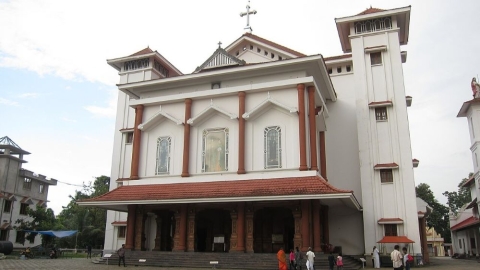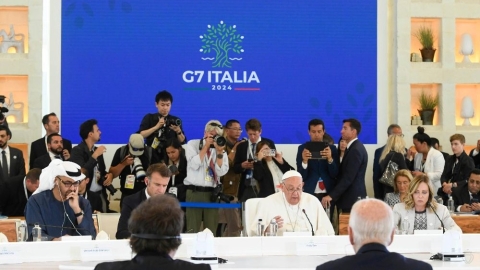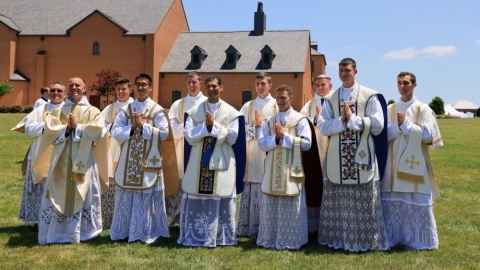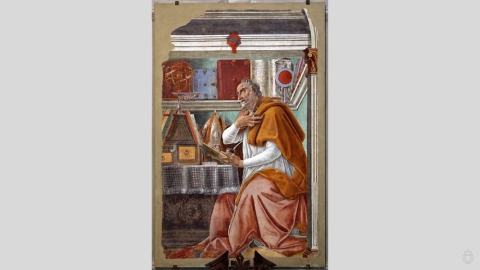Synod: Initial Meeting to Draft the Instrumentum Laboris

The general secretariat of the Synod announced that, from June 4 to 16, 2024, around 20 theologians are meeting behind closed doors at the Jesuit General Curia in Rome, to begin drafting the Instrumentum laboris – the basis for discussions at the Synod – whose publication is scheduled for the first ten days of July.
In this carefully timed preparation, this step aims to identify the plan and structure of this working tool which will be used by the 364 members of the Synod from October 2 to 27, during the second session of the Synod.
The assembled international team – made up of around 15 theologians from around the world according to La Croix – will have to work on the documents already developed since the last session.
These are primarily the contributions of the various local churches “addressed to Rome throughout the first months of 2024 through the episcopal conferences” which produced the synthesis before sending it to the Secretariat of the Synod.
But other bodies were called upon to prepare documentation furnished to the theologians. Thus universities, associations of the faithful, even communities or individuals were able to send their report.
It should also be noted that “the reports were presented by the priests who participated in the meeting ‘Parish Priests for the Synod,’ organized in Rome from April 29 to May 2,” reports cath.ch. And lastly, there were five groups “formed in mid-March to reflect on the governance of the Church” reports La Croix.
According to the constitutive document of the General Secretariat of the Synod, the work focused on “the missionary synodal face of the local Church (I), Church groups (II) and the universal Church (III), as well as on the synodal method (IV), and finally on the ‘place’ of the synodal Church in the mission (V).” The first point focuses on the bishops, the second on the status of the episcopal conferences, and the third on the role of the Curia, ecumenism, and the Eastern Churches.
Cath.ch reports that Cardinal Mario Grech explained that the group of experts (on dogma, ecclesiology, pastoral theology, canon law) are analyzing all the material: “We leave nothing to chance. Each document must be read carefully with the aim of proposing, at the end of the process, a text that reflects the work, questions, and preconceived ideas of the base.”
But, explains Fr. Giacomo Costa, a Jesuit, that it is not yet a question of drafting the Instrumentum laboris, but rather of carrying out a “first analysis of the reports and the good practices implemented by local communities,” and for a common discernment, in order to prepare the ground for the drafting of the document.
In any case, two things are quite obvious: elements which have been announced as not to be discussed – such as the blessing of irregular couples – or for which the Pope has recently spoken out – such as the female diaconate – are recorded in numerous documents sent to Rome. What about these elements? Will they be discussed?
Related Article:
(Sources : La Croix/cath.ch/Saint-Siège/synod.va – FSSPX.Actualités)
Illustration : Carlo Dani, CC BY-SA 4.0, via Wikimedia Commons





